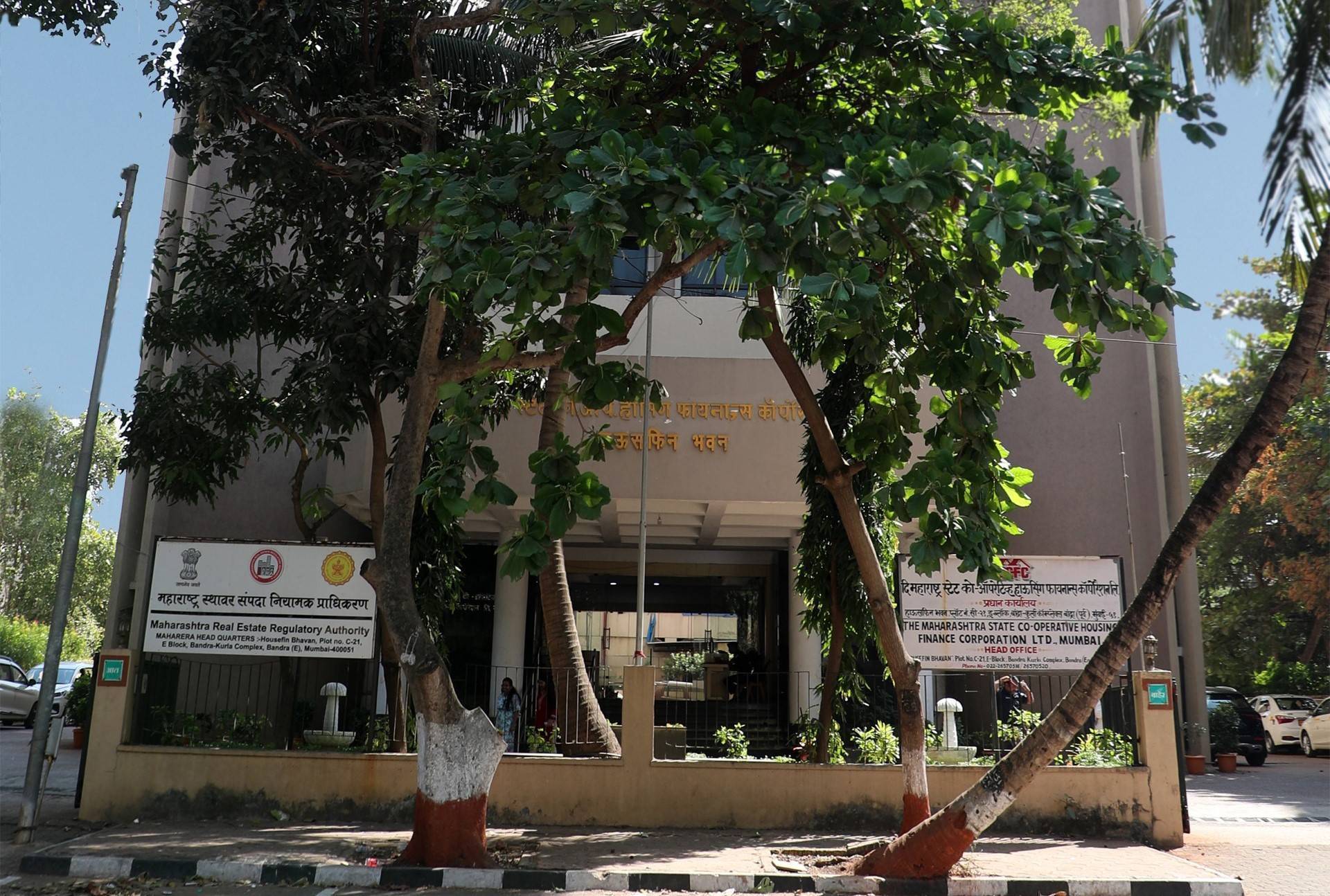The Delhi Development Authority (DDA) has recently taken a significant legal step by moving the Delhi High Court in response to directives issued by the Delhi Real Estate Regulatory Authority (RERA). The core issue revolves around the RERA's order to register the housing projects managed by the DDA, which has prompted the authority to challenge the jurisdiction and applicability of the RERA provisions to its operations. This development underscores ongoing tensions between government authorities overseeing land and housing development and the statutory frameworks established under different laws.
Justice Sachin Datta issued a notice to both the Delhi RERA and the Central government, seeking their responses to the DDA's plea. The petition filed by the DDA contends that the statutory obligations imposed by the RERA are not applicable to it because its functions are governed by the Delhi Development Authority (Management and Disposal of Housing Estates) Regulations, 1968, along with the Nazul Rules, 1981. These regulations provide a comprehensive framework for the management, disposal, and development of land and housing estates under the DDA's jurisdiction, distinct from the provisions of the RERA Act, 2016.
The legal argument hinges on the fact that the RERA Act mandates the prior registration of real estate projects by promoters and developers under its purview, a requirement that the DDA claims does not extend to its activities. The DDA asserts that it is not a commercial promoter but a statutory authority with a different mandate, primarily focused on land management and public housing development rather than profit-driven real estate sales. The petition emphasizes that the DDA functions under specific statutory provisions that regulate its operations independently of the RERA framework.
Supporters of the DDA's stance highlight that the statutory scheme under the Delhi Development Act was designed to administer land and housing in a manner that ensures accountability and quality control without the need for additional oversight from RERA. They argue that the DDA has its own mechanisms for grievance redressal, quality assurance, and accountability, which are tailored to its unique role as a government agency responsible for urban development and land management. The plea further states that the DDA’s projects are governed by regulations that are specific to its functions, and thus, the order to register projects under RERA is unwarranted and could lead to overlapping jurisdictions and confusion.
The case has garnered attention because it raises fundamental questions about the jurisdiction and scope of the RERA Act, especially concerning government authorities involved in land and housing projects. While RERA was established to regulate private real estate promoters and protect consumer interests through transparency and accountability, the DDA argues that its activities are inherently different and should not be subjected to the same regulatory framework.
The legal dispute also touches upon the broader issue of how government agencies should coordinate their regulatory responsibilities. The DDA maintains that its existing statutory regime provides sufficient oversight and that mandatory registration under RERA would be redundant and potentially obstruct its official functions. The authorities further argue that the provisions of the Delhi Development Act and related regulations are designed to serve the public interest, emphasizing transparency and accountability, but not necessarily aligning with the commercial objectives of private developers.
This legal challenge is significant because it could set a precedent for how other government land agencies and statutory authorities are regulated under the RERA framework across India. If the court rules in favor of the DDA, it may lead to a reevaluation of the scope of RERA’s jurisdiction over government entities involved in land management and housing projects. Conversely, a decision supporting the RERA’s authority could reinforce the need for all land and housing projects, regardless of the promoter, to be registered and regulated under the RERA Act.
Image source-livelaw.in









.png)